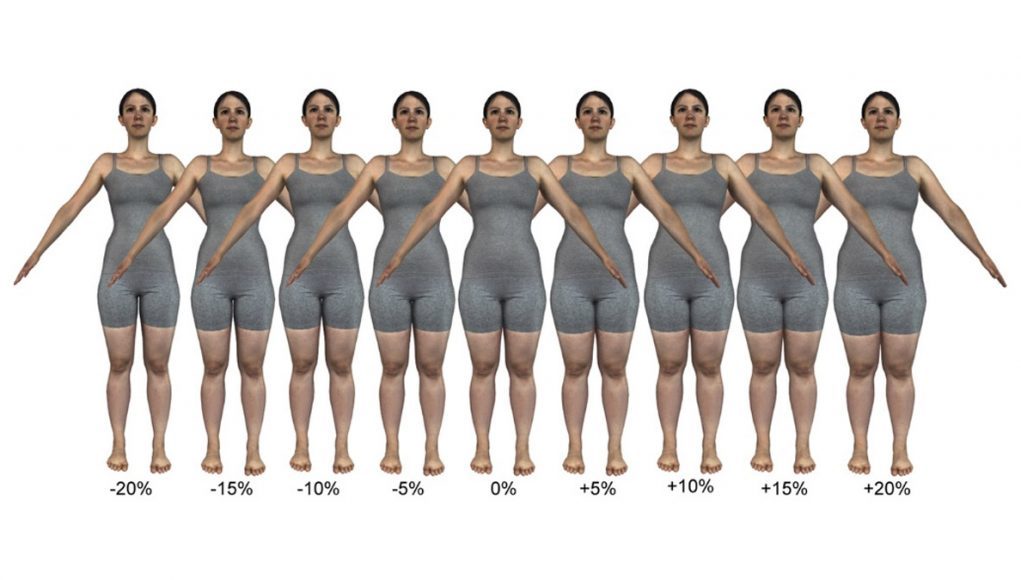 Do patients with anorexia nervosa suffer from body image distortion due to how they perceive their body or is it due to attitudinal beliefs? Betty Mohler has been using VR technologies to study whether body representation is more perceptual or conceptual.
Do patients with anorexia nervosa suffer from body image distortion due to how they perceive their body or is it due to attitudinal beliefs? Betty Mohler has been using VR technologies to study whether body representation is more perceptual or conceptual.
LISTEN TO THE VOICES OF VR PODCAST
Mohler captured a 3D body scan of patients, and then used algorithms to alter the body mass index of a virtual self-avatar from a range of +/- 20%. Patients then estimated their existing and desired body using a virtual mirror screen which tracked movements in real-time and showed realistic weight manipulations of photo-realistic virtual avatars. Mohler’s results challenge the existing assumption that patients with anorexia nervosa have visual distortions of their body, and that it’s possible that body image distortion is more driven by attitudinal factors where patients consider underweight bodies as more desirable and attractive.
Mohler works at the Space & Body Perception Group at the Max Planck Institute for Biological Cybernetics. She’s collaborates with philosopher of neuroscience Dr. Hong Yu Wong to research foundational questions about self-perception like: Who am I? Where am I? Where is the origin of my self? Where is the frame of reference? What is the essence of me? How do we know that there’s an external world? What does it mean to have a shared self where multiple people share the same body experience? What does it mean to have a body? How big is my body? Is it possible to be at multiple locations at once while in VR?
I interviewed Mohler for the third at the IEEE VR conference in Los Angeles this past March exploring all of these provocative questions (see my previous interviews on the uncanny valley and avatar stylization).
Support Voices of VR
- Subscribe on iTunes
- Donate to the Voices of VR Podcast Patreon
Music: Fatality & Summer Trip







